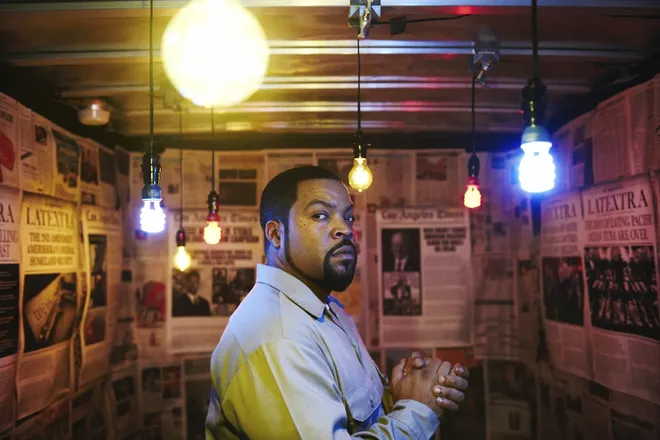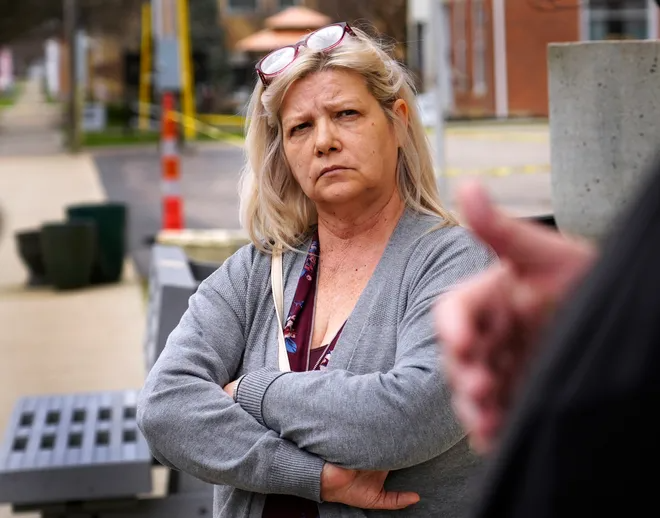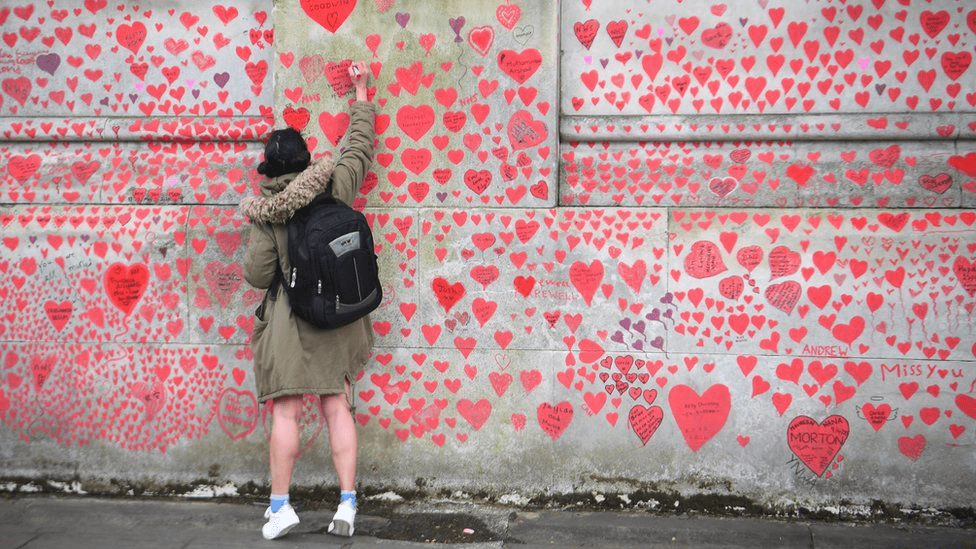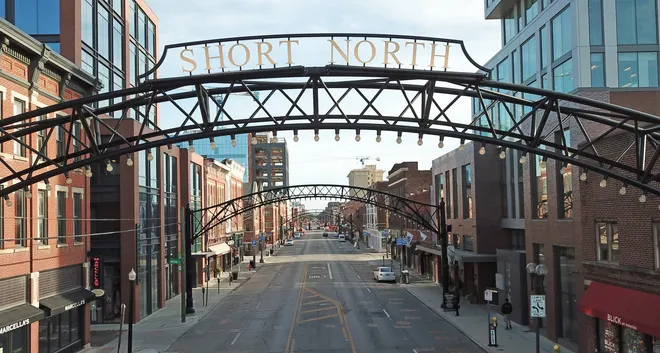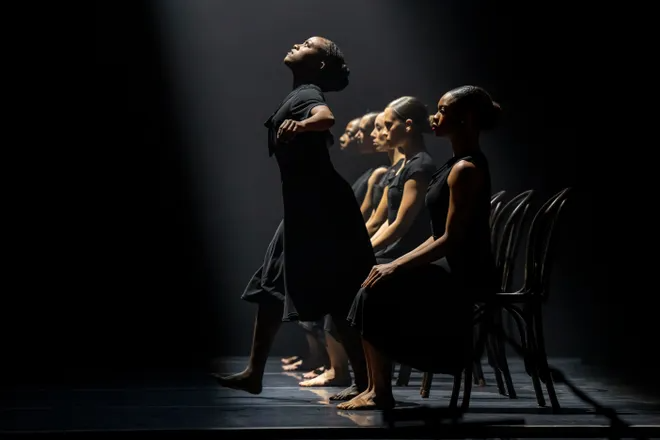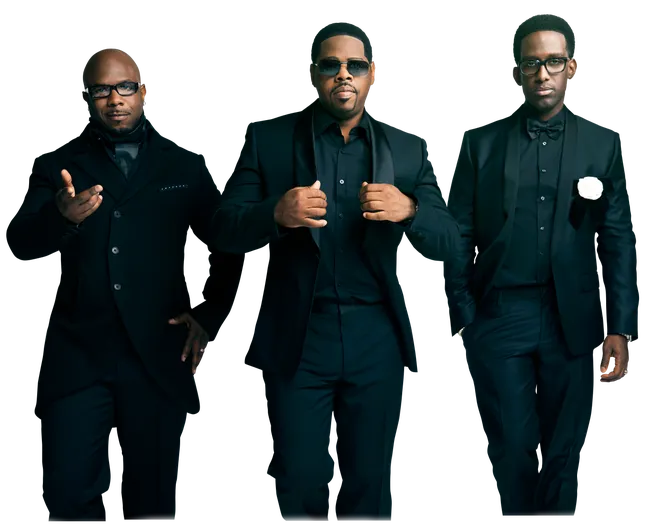MANKATO — Within the past year, refugee resettlement agencies have had to contend with anti-immigrant rhetoric during a contentious presidential election cycle, the fallout from a 2017 executive order banning refugees from countries like Somalia or Sudan — where most of Mankato’s refugees come from — to battling misinformation surrounding the COVID-19 pandemic.
But with the pandemic on the wane, and the election of President Joe Biden, who announced on May 3 that he would raise the cap of refugees allowed into the country from 15,000 to 62,500, with the plan to double that the following year, Habiba Rashid, director of MCC Mankato Refugee Services, is feeling optimistic.
“I’m very hopeful,” Rashid said. “We have learned that when you come to the table, change happens.”
As with other staff here, Rashid was first a refugee, facing some of the very same uphill battles and challenges as the people she serves, after fleeing the Angolan civil war 30 years ago as a young child. Her journey, like many who have come after her, was a decades-long process.
Now an American citizen, Mankato resident, and the first Black woman to hold the title of director at the MCC Mankato Refugee Services office, she hopes her story will inspire people who are just beginning make their way in the United States. Rashid said on average that it takes 15-20 years for a refugee to eventually resettle in the U.S.
While she’s encouraged by President Biden’s comments on prioritizing refugee resettlement, it’s hard to say what kind of an impact that will have on resettlement in Mankato. Her office provides secondary resettlement, which means the clients they serve have moved to Mankato from somewhere else in the United States. In contrast, primary refugees, or new arrivals, arrive in the U.S. directly from another country.
“We don’t know how that will personally impact our work,” Rashid said. “But we’re very excited about the families it will impact because now they will be able to continue with the process to be resettled. We’re excited for the families that will be able to reunite.”
In 2019, the Mankato MCC office served 236 individuals in the Mankato area. That number increased to 265 in 2020, despite the COVID-19 pandemic leading to a dramatic drop in secondary resettlement.
On top of that, Ahmed “Jaffer” Mohamud, a community navigator and employment specialist for MCC Mankato who also helps new arrivals stay on top of immigration paperwork, points to other challenges of moving from one state to another.
“When you are in a process to be resettled, any small changes you make effects your process,” Rashid said. “It can delay it. We are used to the culture of remaining in your place until you’re told when the next step is, because when you do take the next step, that takes you back two steps in the process.”
Rashid’s job, as well as her colleagues, is to make that process less daunting, and part of that means helping new arrivals feel welcomed and connected. It’s been a challenge following four years of anti-immigrant rhetoric that has specifically targeted refugees.
Mohamed Ibrahim, a community navigator at MCC Mankato with a background in health care, said the trauma that refugees face from escaping war and persecution is re-triggered as they navigate the angry rhetoric directed at them in a new, unfamiliar country.
“These people came from a war zone and they already were dealing and struggling with mental health problems when they came here,” Ibrahim said. “The system was very difficult, plus this rhetoric. That made their trauma active again.”
But Rashid said Mankato has largely stepped up to that hateful rhetoric and has remained a beacon of hope for not just her staff and herself, but for others who relocate here.
“I’m proud to be a resident of Mankato, because the community here is so much different than the communities elsewhere during that time of rhetoric,” she said. “I think the community is very supportive to the work we do as well as the refugees we serve.”
One community program, the Tapestry Project, held twice a year over several sessions, connects U.S.-born citizens in Mankato with refugees who are new to the community.
“It helps to integrate individuals to understand the American way, as well as Americans learning about the refugee journey and experience,” Rashid said.
Guests from public safety, the health-care field and others come to build personal relationships and answer questions. The Tapestry Project recently expanded to an entrepreneurship seminar where people interested in starting a business can get tips from others who have been successful.
In response to the COVID-19 pandemic, MCC Mankato Refugee Services also created a new position to focus on helping refugees navigate access to vaccines and testing, as well as education on the virus through a hotline for people to call and have questions answered in their first language.
Ruth Aganya, a community navigator and COVID care navigator with the local organization, said when she answers the phone, the first question people ask is whether she herself has been vaccinated.
“A lot of refugees who get the vaccine, they don’t want to at first because they don’t believe it,” Aganya said. “We encourage and talk to them. Now a lot of them are getting the vaccine.”
In April of 2020, a leaked video was released of two French doctors suggesting that a vaccine, not yet available then, should be tested first on Africans. The backlash and accusations of racism were swift, but the damage had been done, especially considering that most secondary refugees who resettle in Mankato primarily come from the African countries of Sudan and Somalia.
“That made refugees not trust the vaccine,” Rashid said. “We had to educate much harder for people to see that this vaccine does work. We wanted to get vaccinated first, because you have to teach by example. We had to take that step and be leaders.”
After filming themselves getting vaccinated, Rashid and her colleagues connected with Nicollet County to provide vaccines on-site at the MCC Refugee Services Office, with its familiar faces and surroundings, earlier this spring. A total of 23 people were vaccinated, many who are leaders in their communities.
“That opened up a lot of doors for these families to understand the importance of this vaccine,” said Ibrahim. “Now people are going everywhere requesting the vaccine themselves.”
It’s one of many steps they take in ensuring that new arrivals thrive here. Rashid said refugees who utilized their services in the past are an important ally in helping to alleviate some of the anxiety that new arrivals face when first moving here.
In 2020, they were serving a family in Mankato for about five months when one of the parents died from COVID-19.
“Many in the community didn’t know this family well, but they were connected to our office,” Mohamud said. “We talked to the community and in one week, they collected $8,000 for the family. Groups were visiting with them and connecting them to other services that they needed. The burial was covered, and the family really felt that they had support here.”
Rashid said it’s a chance to not only give back, but to show others that they are not alone in their journey and they can thrive here too in the long run.
“Our job is not just integrating individuals, but also helping individuals who have been here longer to elevate to that American Dream,” Rashid said.



